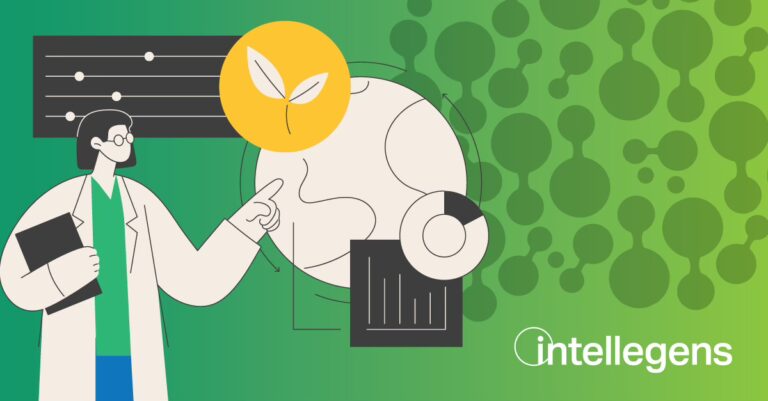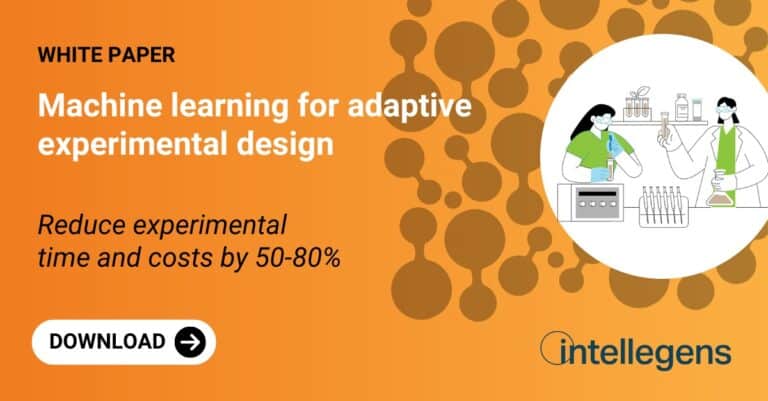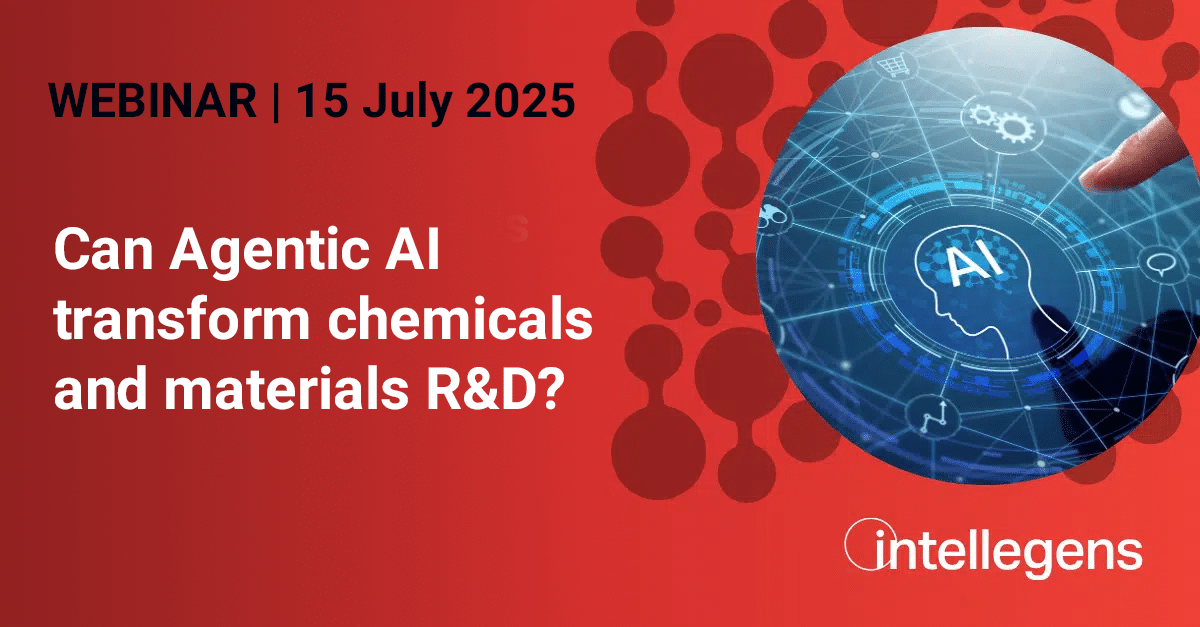Smarter design
Learn from your formulation data. Predict missing values to fill in gaps in your knowledge. Test your ideas before committing expensive experimental resources. Generate new solutions that might be missed by more conventional analysis. The power of machine learning supports your formulation expertise.
Fewer experiments
Achieve formulation project objectives while cutting experimental workloads, enabling you to complete more projects and focus on the science. Alchemite™ supports an adaptive Design of Experiments approach that enables you to focus in on the right experiments, quickly. And you can get started right away, with no need for advanced statistical knowledge or training courses.
Effective collaboration
Alchemite™ ensures that you can apply a powerful, proven machine learning method across your formulation development team, through easy-to-use software targeted to specific R&D tasks. Then share the results to enable collaboration and decision making.




